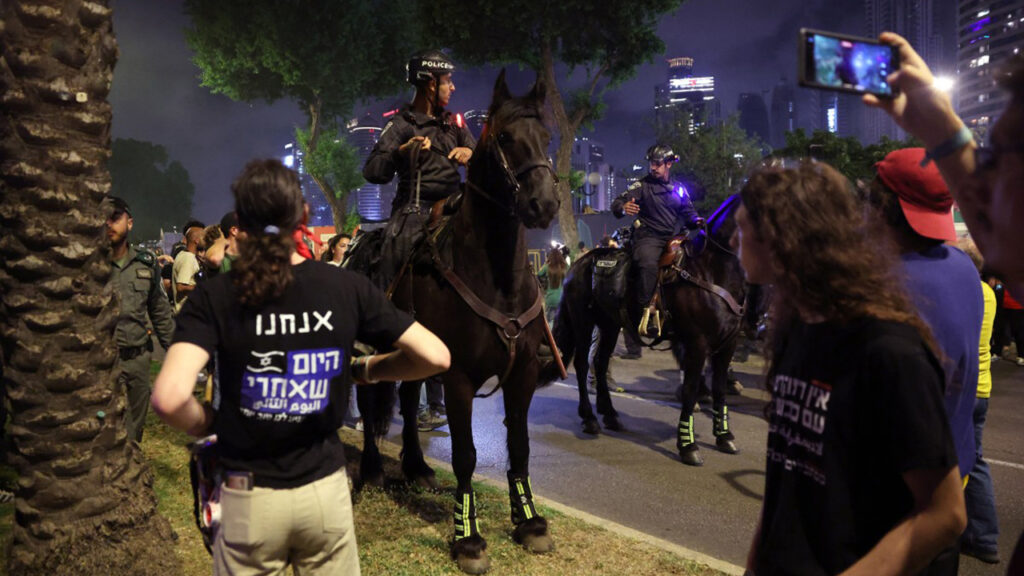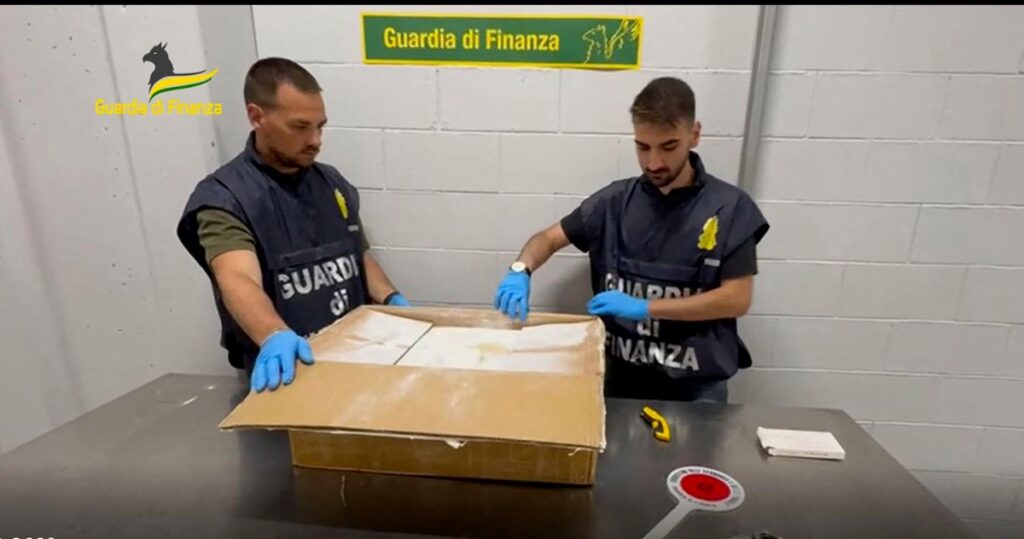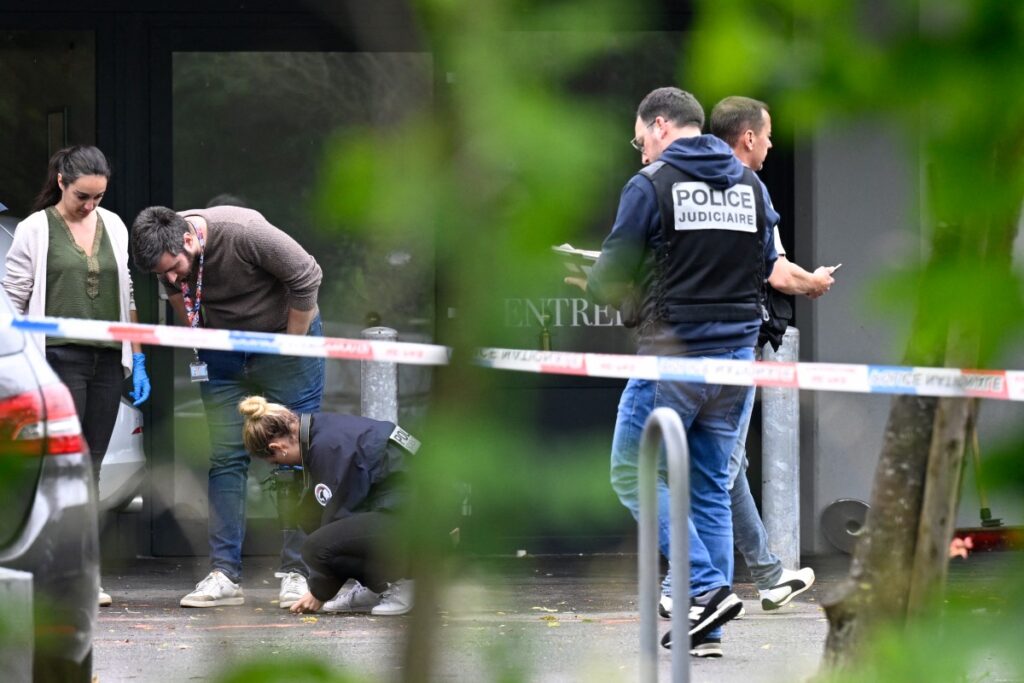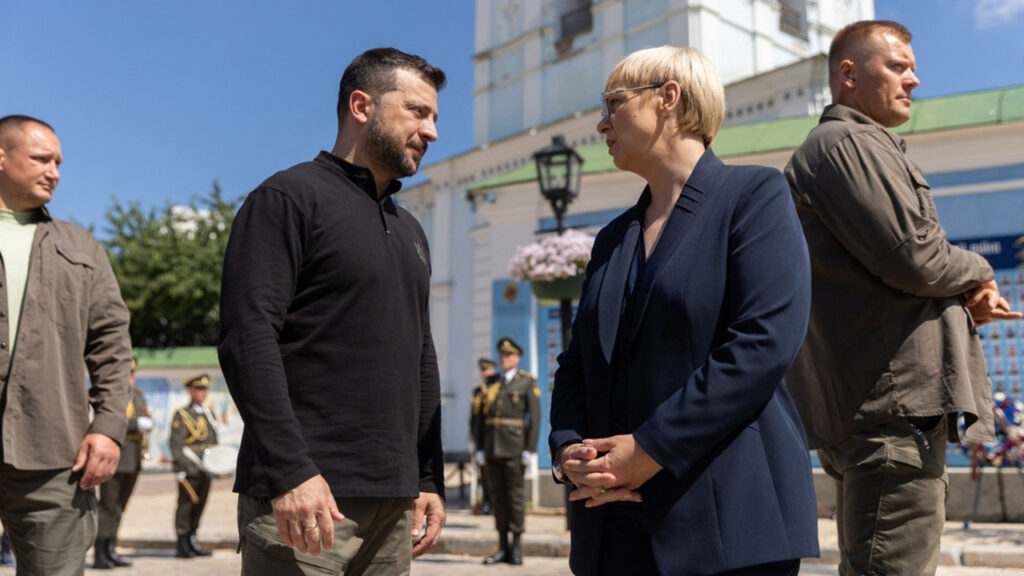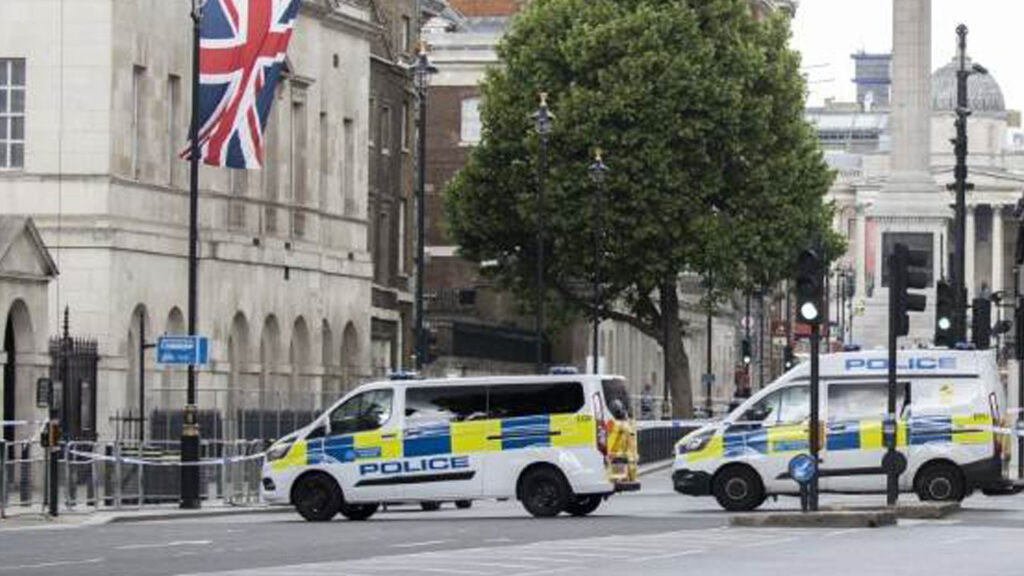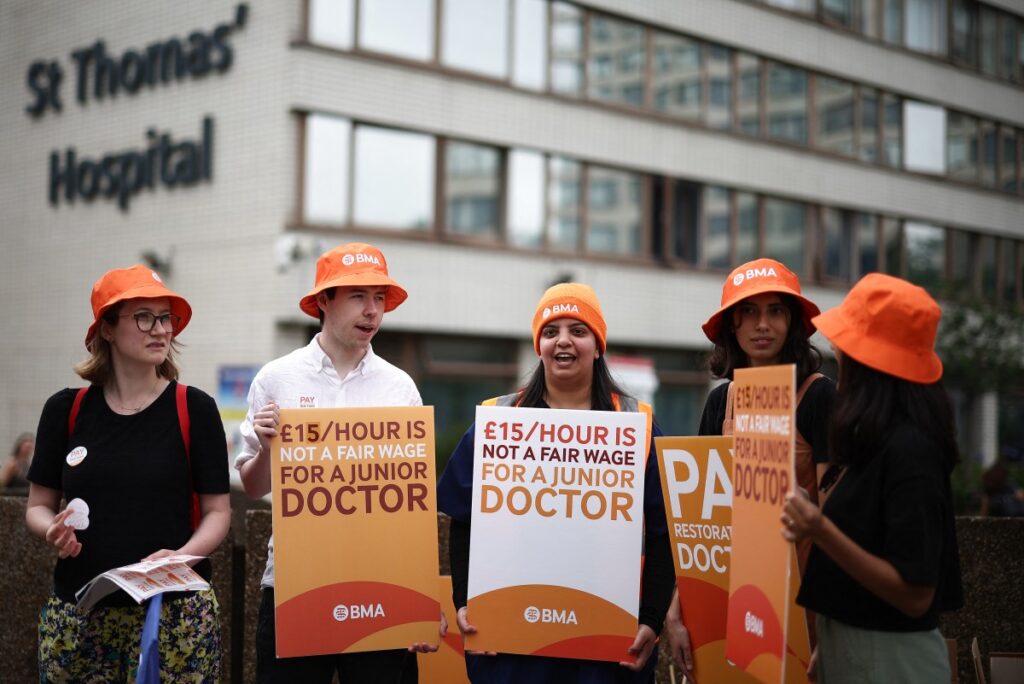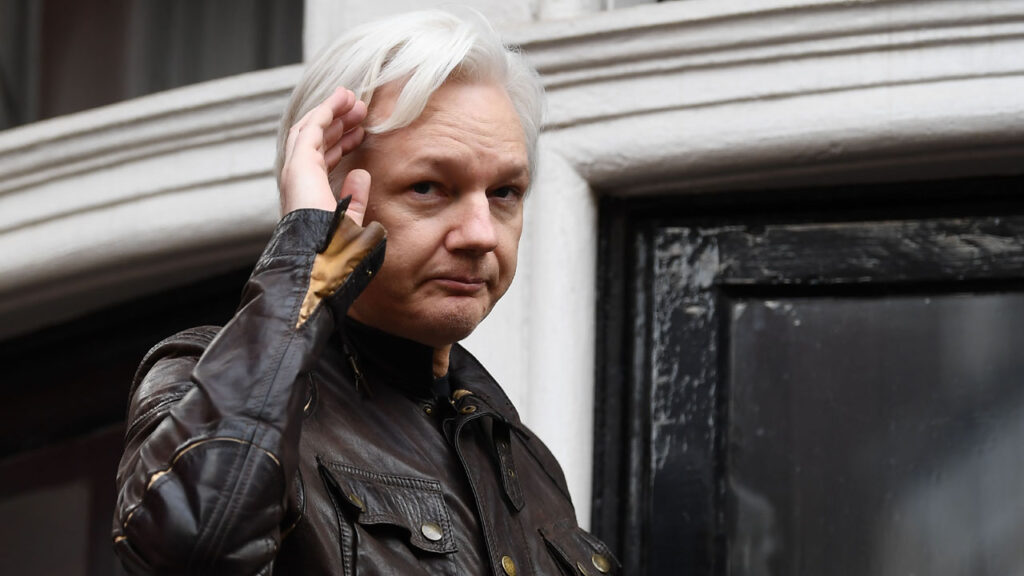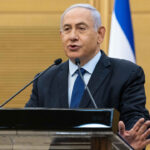
Israel’s military on Monday called for the evacuation of Palestinians from eastern Rafah, ahead of a long-threatened ground invasion of the southern Gaza city, the prospect of which has triggered widespread global alarm.
The evacuation announcement followed intensified disagreement between Israel and Hamas over the Islamist group’s demands to end the seven-month war, during weekend talks in Cairo.
Consultations between two other mediators, the United States and Qatar, were expected on Monday in Doha but state-linked media in Egypt said negotiations had stalled after a rocket strike killed four Israeli soldiers on Sunday.
Israeli Prime Minister Benjamin Netanyahu has vowed to send ground troops in against Hamas fighters in Rafah regardless of any truce, and despite concerns from the United States, other countries and aid groups.
The “limited” and temporary evacuation order aimed “to get people out of harm’s way” and followed the deadly rocket fire that Israel’s military said came from an area adjacent to Rafah.
“An Israeli offensive in Rafah would mean more civilian suffering and deaths,” said the main aid group in Gaza, the United Nations Agency for Palestine Refugees, UNRWA.
It added that it “is not evacuating.”
When asked how many people should move, a military spokesman said: “The estimate is around 100,000 people.”
However, Ossama al-Kahlut, a Palestine Red Crescent representative in east Rafah, said the designated evacuation zone hosts around 250,000 people, many of whom are already uprooted from elsewhere in Gaza.
‘Where can we go?’
One resident, Abdul Rahman Abu Jazar, 36, said the area his family was told to seek refuge in “does not have enough room for us to make tents” because it is already full of displaced people.
“Where we can go?” he asked AFP.
As rain fell, Israel’s military airdropped leaflets telling people to “evacuate immediately”.
While some packed belongings, few were in the streets walking toward the designated areas.
US Secretary of State Antony Blinken on Friday said Israel had yet to present “a credible plan” to protect civilians. Without it, Washington “can’t support a major military operation going into Rafah”, he said.
Jean-Raphael Poitou, Middle East coordinator for the Action Against Hunger charity, told AFP that the areas now opened for evacuees had been “closed because they were considered dangerous”.
Gaza’s bloodiest-ever war began following Hamas’s unprecedented October 7 attack on Israel that resulted in the deaths of more than 1,170 people, mostly civilians, according to an AFP tally of Israeli official figures.
Israel estimates that 128 of the hostages abducted by militants on October 7 remain in Gaza, including 35 who the military says are dead.
Vowing to destroy Hamas, Israel has conducted a retaliatory offensive that has killed at least 34,735 people in Gaza, mostly women and children, according to the Hamas-run territory’s health ministry.
About 1.2 million people are sheltering in Rafah, according to the World Health Organization.
In a statement, the military appealed for residents in the city’s eastern zone to move to the “expanded humanitarian area” at Al-Mawasi on Gaza’s nearby coast.
The area “includes field hospitals, tents and increased amounts of food, water, medication and additional supplies,” it said.
Repeatedly bombed
Soon after the war started, Israel told Palestinians living in northern Gaza to move to “safe zones” in the south –- including Rafah near the Egyptian border.
But Rafah has been repeatedly bombed from the air — including on Monday following the evacuation order — and Palestinians frequently say that nowhere in Gaza is safe.
In late March, Gaza’s health ministry said at least 12 people were killed when an air strike hit a tent for displaced people in Al-Mawasi.
The Israeli military told AFP at the time that it was looking into the report.
Medics and first responders said Israeli air strikes killed 16 people in Rafah on Sunday. The strikes came hours after Hamas rocket fire killed the Israeli soldiers in the Kerem Shalom border crossing area between southern Israel and Gaza.
The strike led Israeli authorities to close the crossing, used to deliver aid into Gaza, and in response the military said its air force destroyed launchers from which the projectiles were fired.
Al-Qahera News, linked to Egyptian intelligence services, cited a high-level source on Monday as saying the rocket strike has “caused truce negotiations to bog down”.
Holocaust Remembrance Day
Despite the evacuation order, Hamas spokesman Abdul Latif al-Qanou told AFP the movement “will continue the negotiations positively and with an open heart”.
CIA director Bill Burns, a mediator in the talks, is expected in Doha to meet with Qatar’s prime minister for “emergency” discussions, a source with knowledge of the truce talks told AFP on Sunday.
The source, requesting anonymity due to the sensitivity of the issue, said the meeting would try “to see if the talks can be brought back on track”.
A Hamas official close to the negotiations said Sunday the group’s negotiators were headed from Cairo to Doha for “consultations”, after the weekend round failed to produce a breakthrough.
Hamas negotiators are then due back in Cairo on Tuesday, Al-Qahera News said.
Talks took place Sunday without an Israeli delegation present.
Netanyahu, however, made his voice heard.
Speaking at a Holocaust Remembrance Day ceremony in Jerusalem, he denounced a “volcano of anti-Semitism” and international criticism of Israel’s war in Gaza.
“If Israel is forced to stand alone, Israel will stand alone,” Netanyahu said.
The Qatar-based political chief of Hamas, Ismail Haniyeh, accused Netanyahu of sabotaging the talks, which Netanyahu’s office on Monday called “an absolute lie”.
Netanyahu, whose coalition includes religious and ultra-nationalist parties, faces regular street protests demanding a deal to bring the hostages home and accusing him of seeking to prolong the war.
The prime minister is on trial in Israel for corruption, charges he denies.
Joost Hiltermann, Middle East and North Africa programme director at the International Crisis Group think-tank, told AFP that both the Hamas rocket fire on Sunday, and Israel’s evacuation order, can be seen in the context of the truce talks.
“Whenever there’s a breakdown, then the violence escalates,” he said.

